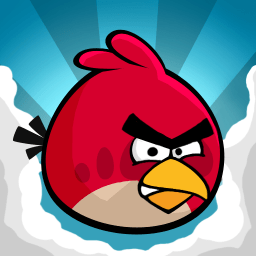
Patent holding company Lodsys has filed infringement suits against app makers for both Apple’s iOS and Google’s Android operating system, alleging the app developers are violating a Lodsys patent that covers in-app purchasing technology. Now, Lodsys is expanding the pool of defendants, adding Angry Birds developer Rovio and game giant Electronic Arts to the suit, along with Atari, Square Enix, and Take-Two Interactive for specific game titles they’ve released for the iPhone and iPad. The new additions bring the total number of developers targeted by Lodsys to eleven; the company has dropped Vietnamese game developer Wulven from the case.
While Google has remained notably silent on the case—which has been sending ripples of trepidation through the Android developer community—Apple has been quite clear about its stance on Lodsys’ patent claims. According to Apple, iOS developers are covered under Apple’s own license to the Lodsys patents, and—when Lodsys failed to drop the matter—Apple has filed a motion to intervene in the case, asking to be named as a defendant in the case so it can go to bat for iOS developers.
The Lodsys case is being watched carefully by mobile app developers, since in-app purchasing technology is so crucial to many mobile app business plans. If Lodsys can succeed in asserting its patent rights on individual app developers, it will have a chilling effect on mobile app development on all mobile platforms. A Lodsys victory would also likely mark the first of many such cases: other patent holding companies are waiting in the wings to try their luck.


